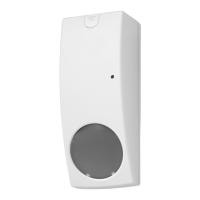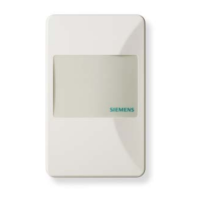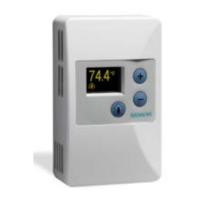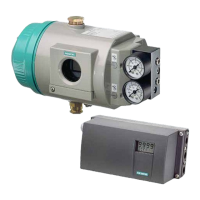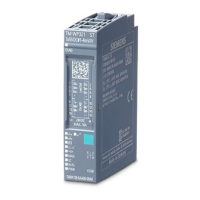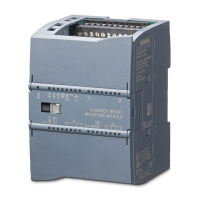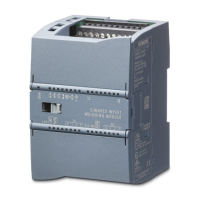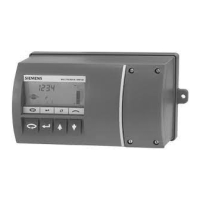TC63 AT Command Set
10.3 AT^SISO
s
TC63_ATC_V00.490 Page 254 of 501 5/24/05
Confidential / Draft - Do not copy
10.3 AT^SISO Internet Service Open
The AT^SISO write command starts the Internet session configured by the service profile. If the service opens
successfully, the URCs "^SISW" and "^SISR" will trigger the action to follow, either writing data with AT^SISW
or reading data with AT^SISR. If the "^SISW" and "^SISR" URCs notify that no data are available at all, or that
a data transfer has been successful, the service can be closed with AT^SISC. If an error occurs after opening or
while using a service then the URC type "^SIS" described below will be delivered.
In any case, an opened service must be finished by sending the Close command AT^SISC. This applies no mat-
ter whether the service has been completed successfully (all data transmitted) or entered an error state (e.g. indi-
cated by the "^SIS" URC). It is also necessary when a service, such as POP3 or FTP, has already closed
automatically after successful data transfer and entered <srvState> "2".
The AT^SISO read command requests the status of all Internet service profiles. One line is issued for every Inter-
net service profile. Information following the <srvParmTag> value "srvType" is issued only, if "srvType" was
given a valid value via AT^SISS. The read command can be used any time during operation or after closing a
service. In the latter case the response indicates the state of the last event related to a specific service profile. It
will be updated only when the same service profile is used again.
Syntax
Unsolicited Result Code
Indicates the current state of the Internet service.
^SIS: <srvProfileId>, <urcCause>[, [<urcInfoId>][, <urcInfoText>]]
The URC may appear if an error occurs, for example after opening an Internet service with AT^SISO or any time
during operation. The URC also indicates a request for a mobile terminated Internet service client connection, or
a failure if a mobile terminated request is rejected. Furthermore, the URC may deliver an information element
resulting from a specific command given in the service profile.
The precise <urcInfoText> related to a <urcInfoId> varies greatly depending on the used service, the sce-
nario and the implementation of the remote server. A list of possible causes can be found in Section 10.7, Infor-
mation Elements Related to Internet Service URCs.
Test Command
AT^SISO=?
Response(s)
OK
Read Command
AT^SISO?
Response(s)
^SISO: <srvProfileId>, <srvParmTag>value "srvType" [, <srvState>, <socketState>,
<rxCount>, <txCount>, <locAddr>, <remAddr>]
OK
Write Command
AT^SISO=<srvProfileId>
Response(s)
OK
ERROR
+CME ERROR: <err>
PIN ASC0 ASC1 USB MUX1 MUX2 MUX3 Charge 4 Last
§ % % % % % % ! ! !
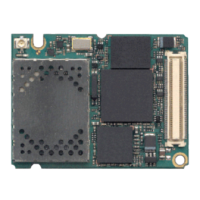
